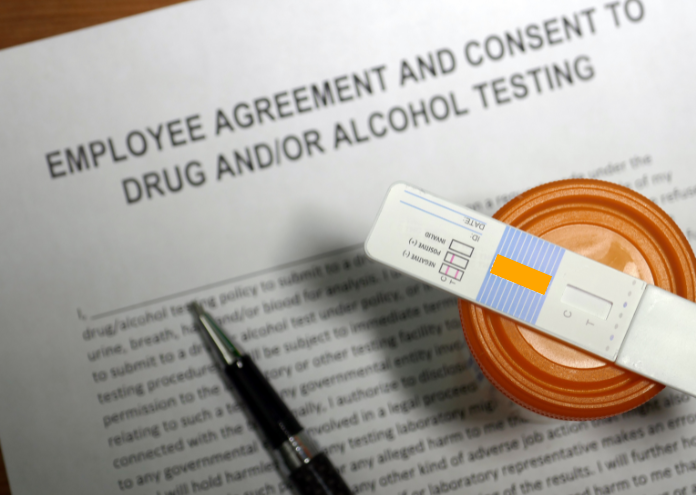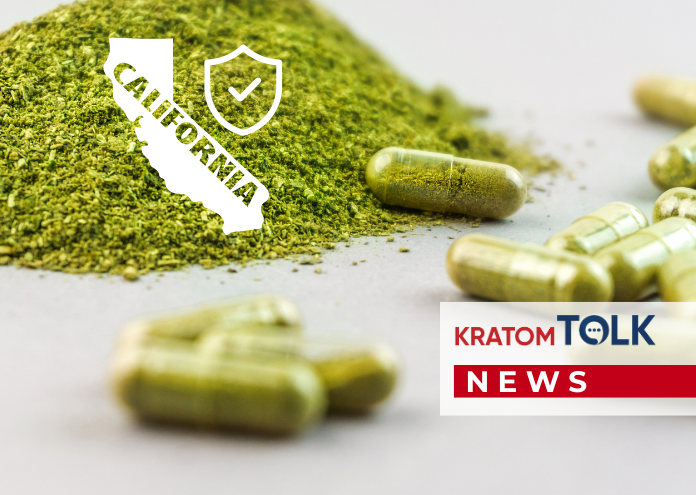Georgia House Bill 181 (HB 181) is a game-changer. This bill, passed in 2024, defines mitragynine and 7-hydroxymitragynine—key components of kratom and its legality. This means kratom, a popular herbal supplement, is now heavily regulated in Georgia. Let’s dive into the details and implications of this significant legislative move.
What is Georgia House Bill 181?
HB 181 amends Chapter 13 of Title 16 of the Official Code of Georgia Annotated, focusing on controlled substances1. The bill specifically targets kratom, a substance derived from the leaves of a Southeast Asian tree. Kratom has been used for centuries for its stimulant and opioid-like effects1.
Why Was HB 181 Introduced?
The primary reason for HB 181 is public health and safety. Kratom has been linked to numerous health issues, including addiction and overdose1. Georgia aims to curb its misuse and ensure safer consumption practices.
The Impact on Kratom Users from HB 181
For regular kratom users, HB 181 is a significant shift. The bill restricts the sale and use of kratom, making it accessible only to individuals over 21 years old1. Certain forms of kratom, like e-cigarette kratom, are now banned1. This move is expected to reduce the availability of kratom.
The Legal Landscape of Georgia HB 181
HB 181 aligns Georgia with other states that have taken steps to regulate kratom. States like Alabama, Arkansas, and Indiana have already classified kratom as a controlled substance1. This trend reflects growing concerns about the safety and regulation of herbal supplements.
Economic Implications
The new bill will likely impact local businesses. Shops that previously sold kratom products must now comply with stricter regulations, potentially affecting their revenue. However, this move could also open up opportunities for businesses that follow the new guidelines.
Public Health Perspective
From a public health standpoint, HB 181 is a proactive measure. By controlling the distribution and use of kratom, Georgia aims to prevent health crises related to its misuse. This approach mirrors efforts to regulate other substances with potential for abuse, such as opioids and synthetic drugs.
Future Outlook
The future of kratom in Georgia is uncertain. While HB 181 imposes strict regulations, it also opens the door for further research into kratom’s benefits and risks. This could lead to more informed policies and potentially safer, regulated use of kratom in the future.
Georgia House Bill 181 – Conclusion
Georgia House Bill 181 is a pivotal piece of legislation with far-reaching implications while Georgia aims to protect public health and ensure safer consumption practices. This bill reflects a broader trend towards regulating herbal supplements and highlights the ongoing debate over their safety and efficacy.
Key Takeaways
- HB 181 reclassifies kratom’s active compounds as Schedule I substances1.
- The bill aims to curb misuse and ensure safer consumption practices1.
- Kratom is now accessible only to individuals over 21 years old1.
- Certain forms of kratom, like e-cigarette kratom, are banned1.
- The bill aligns Georgia with other states regulating kratom1.
- Economic implications for local businesses are significant1.
- HB 181 is a proactive public health measure1.
- Future research could lead to more informed policies1.
For more information on Georgia House Bill 181, visit the Georgia State Legislature website.
CLICK HERE to read about more regulatory actions.








